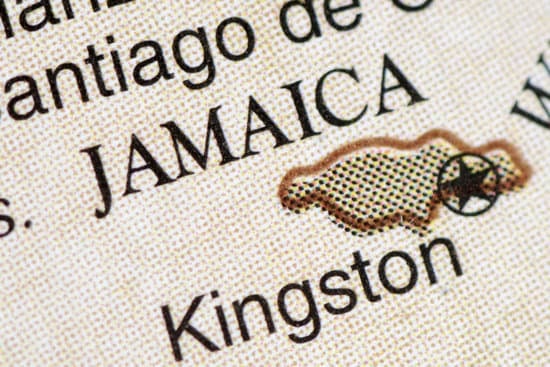Mosquitoes are a common and annoying insect found in tropical and subtropical climates around the world. They are a nuisance to people everywhere, but can be more of a problem in certain locations. Jamaica is one of those locations.
Mosquitoes can be found in Jamaica in large numbers, and they can be more problematic than in other parts of the world. Mosquitoes can cause a range of health issues, including malaria, dengue fever, and the Zika virus, so it is important to understand the risks they pose and how to protect yourself when visiting Jamaica.
In this blog post, we will explore how bad the mosquito problem is in Jamaica, the risks associated with it, and the best methods for preventing mosquito bites.
1. Types of Mosquitoes in Jamaica
Jamaica is home to a wide variety of mosquito species, many of which are carriers of diseases such as malaria and dengue fever. The most common types of mosquitoes found in Jamaica include Aedes aegypti, Anopheles albimanus, Anopheles stephensi, Culex quinquefasciatus, Aedes albopictus, and Aedes taeniorhynchus. Aedes aegypti is of particular concern as it is the primary vector of dengue fever, chikungunya, and Zika virus. To minimize the risk of mosquitoes transmitting these diseases, it is important to take preventative measures such as using insect repellents, wearing long sleeves and pants when outdoors, and eliminating standing water around the home.
2. Areas of Jamaica Most Affected by Mosquitoes
Areas of Jamaica most affected by mosquitoes are usually those with a lot of standing water, like marshlands and coastal regions. The warm, humid climate in Jamaica is ideal for breeding mosquitos, and their populations are highest in the summer months. Mosquitoes are most active during the early morning and late afternoon hours, so it’s best to take extra precautions if you’re out and about during these times. Areas like St. Ann, St. Mary, and Portland are especially prone to mosquitoes, and travelers should take extra precautions when visiting these regions.
3. Mosquito Prevention Tips
Mosquitoes are one of the most irritating pests in Jamaica. Here are three tips to prevent mosquitoes from ruining your outdoor activities:
1. Limit standing water: Standing water is a prime breeding ground for mosquitoes, so make sure to keep your outdoor spaces free of standing water, such as puddles, birdbaths, and other receptacles.
2. Wear insect repellent: When going outdoors, make sure to wear insect repellent to repel mosquitoes and other insects.
3. Install window nets: Installing window nets or other insect screens on windows and doors can help to keep mosquitoes out of your home.
4. Health Risks of Mosquito Bites
Mosquito bites can be more than just an annoying itch. Mosquitoes are known to spread several diseases, including malaria, dengue fever, yellow fever, and West Nile virus. In Jamaica, the mosquito species Aedes aegypti has been linked to malaria, dengue fever, and chikungunya. Mosquito-borne illnesses can cause serious complications, including fever, headaches, rash, and joint pain. In extreme cases, they can even cause death. It is important to take steps to protect yourself and your family from mosquito bites in order to reduce the risk of contracting a serious illness.
5. Resources for Mosquito Control in Jamaica
Mosquito-borne diseases are a major health concern in Jamaica. Fortunately, there are a number of resources available to help people take preventative measures to reduce their risk of coming in contact with disease-carrying mosquitoes. One of the best resources for mosquito control in Jamaica is the Ministry of Health and Wellness. The Ministry offers a vector control program that includes mosquito larvicide treatments, larva trapping, and educational materials about using insect repellents and wearing protective clothing to prevent mosquito bites. Additionally, the Jamaica Environment Trust offers a range of services to help local communities reduce the number of mosquitoes in their areas. These services include neighborhood clean-ups, the installation of window screens and mosquito nets, and the distribution of insecticide-treated bednets. Finally, the Jamaica 4-H Clubs offers a variety of educational resources to help young people learn about the importance of mosquito control and how to protect themselves from bites.
In conclusion, mosquitoes are quite prevalent in Jamaica and can be a nuisance for travelers. Fortunately, there are a few steps you can take to minimize the risk of being bitten by mosquitoes, such as wearing insect repellent and long-sleeved clothing, and avoiding standing water. By taking these precautions, you can enjoy your time in Jamaica with minimal disruption from mosquitoes.
